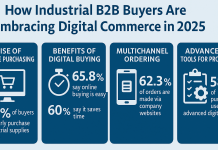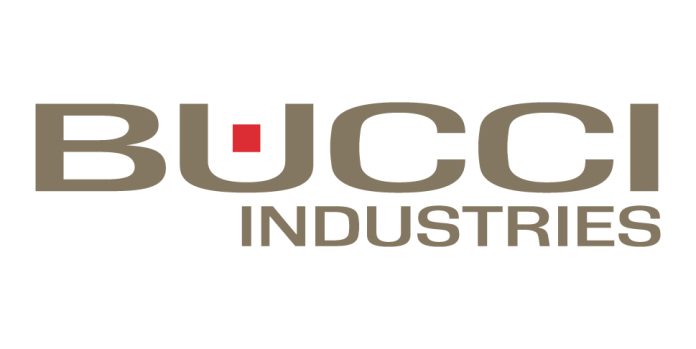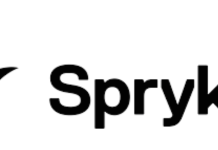If there is one blockchain project that truly showcases what the technology is capable of, it is TradeLens, which has integrated practically all aspects of the international shipping business.
The project was launched in 2018 by Maersk, the world’s largest container shipping business, and IBM Blockchain, and it came with high hopes as well as high obstacles. TradeLens, for its part, intended to create a blockchain-based supply-chain management solution that would encourage all industry rivals to collaborate and place their faith in the very intricate information exchange necessary to make the business of delivering widgets around the globe go smoothly.
This includes, of course, shipping lines, but also port administrators, customs authorities, railways, trucking businesses, business software providers, and organizations that handle financial transactions to guarantee that everyone gets paid.
Despite slow acceptance, the shipping business Roberto Bucci recently picked TradeLens for the first electronic bill of lading (eBL) transaction in Europe, according to a TradeLens blog post.
Bucci is a large distributor of food and other commodities throughout Europe and Africa, having operations in Genoa, Naples, and Salerno in Italy, as well as in the United Kingdom.
According to the report, Bucci uses INTTRA (the manager of the world’s biggest container freight network) to submit shipping instructions and make bookings largely on a cost, insurance, and freight (CIF) basis. This practice involves waiting for the shipper’s permission before printing original bills of lading to be sent throughout the supply chain.
TradeLens for eBL
The TradeLens eBL, built on blockchain, will totally digitize and streamline the BL process, eliminating bottlenecks and lowering costs.
TradeLens eBL supplied the solution without changing the way we do business by leveraging our standard shipping instructions channel. “The originals were given back to the carrier with one click,” says Carmen Arianna of Bucci, “and the carrier’s system was upgraded.”
Challenges
Accelerating the issuance of the initial bill of lading is critical since it takes 20 to 25 days to transfer cargo from Naples to Africa.
The time it takes to wait for the shipper’s instructions, print the full set, courier it to the shipper, who then sends it back to the consignee increases the likelihood that the cargo release will be delayed, and demurrage and detention costs will be charged.












